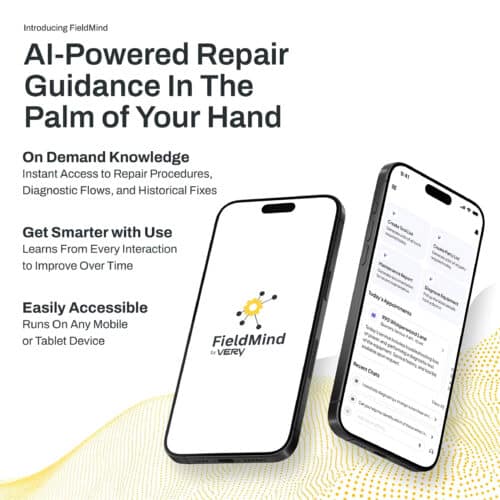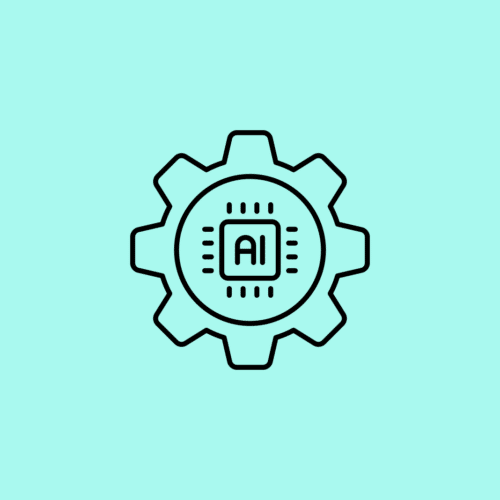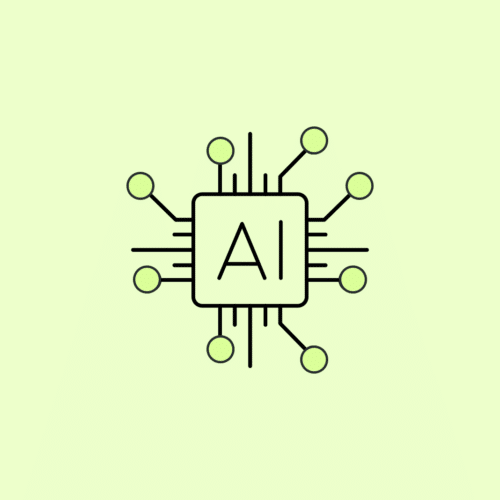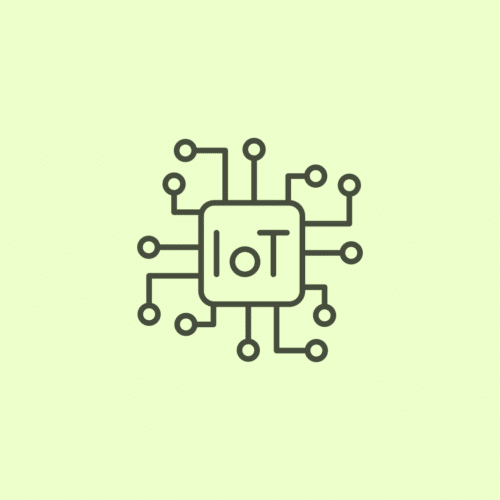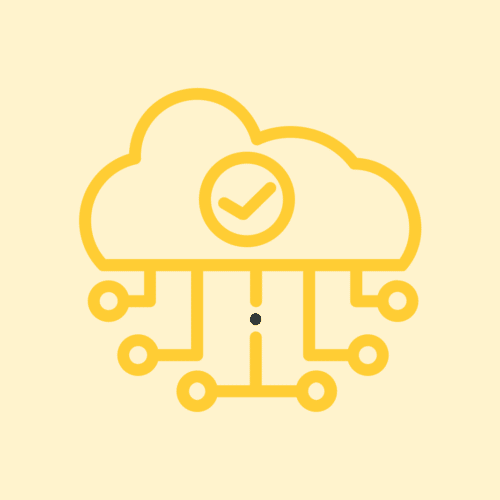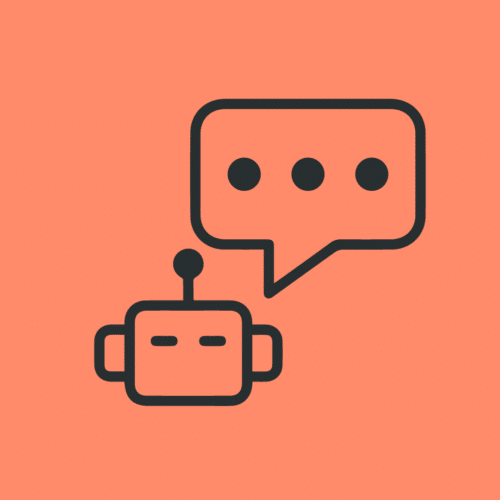BLOG
No, AI Isn’t Coming For Your Job
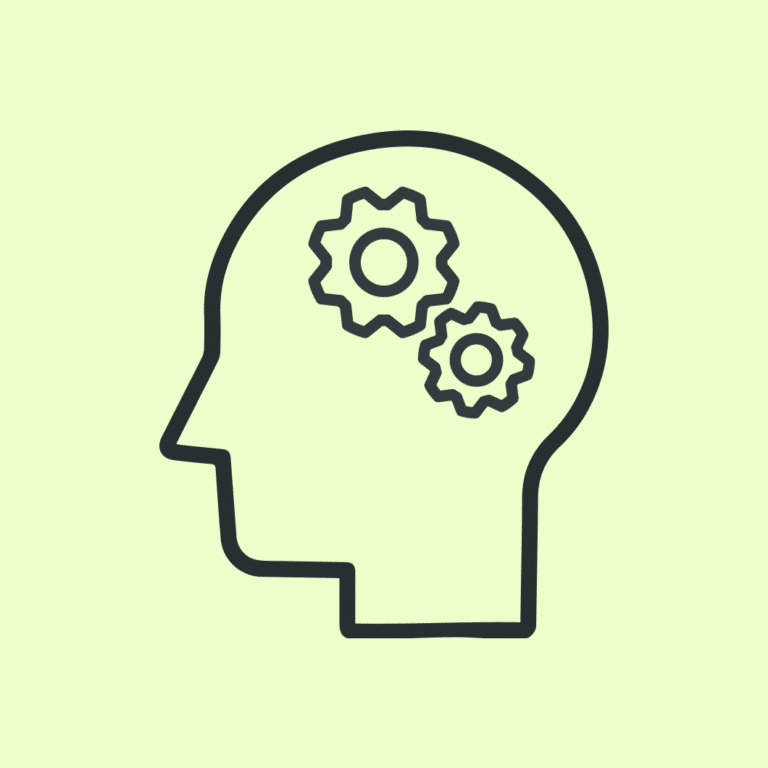
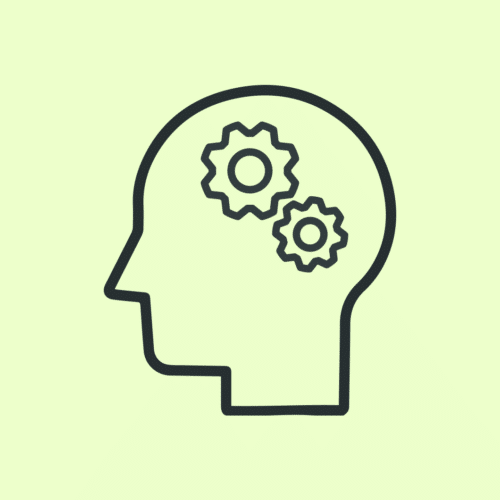
It’s a natural human trait to approach the unknown with a healthy dose of skepticism. That’s why AI tends to make people uneasy — it’s still widely misunderstood, evolves rapidly, and demonstrates almost infinite, yet-to-be-discovered potential. But is it really the threat that alarmist headlines would have us believe?
The short answer is no. It’s high time we navigate the intricacies of AI predictions, debunk a few misconceptions, and demystify the fears that surround this topic. AI isn’t going anywhere anytime soon, so it’s imperative that we perceive it as an elaborate ecosystem teeming with reciprocal advantages and opportunities rather than a hostile entity.
Moravec’s Paradox
To begin, let’s take a look at what’s known as Moravec’s Paradox. This theory, attributed to the AI prodigy Hans Moravec, underlines a peculiar fact: high-level reasoning requires less computational power than ‘basic’ sensorimotor tasks do.
In simpler terms, this means the tasks that humans find effortless are significantly more challenging for our silicon-based peers. It can trounce human opponents in chess, perform calculations at extraordinary speed, but request it to maneuver through a bustling room, or recognize a familiar face in low light? That’s where it falls short. This is because these tasks are the result of millions of years of evolution. They’re so embedded in our biology that they appear instinctive.
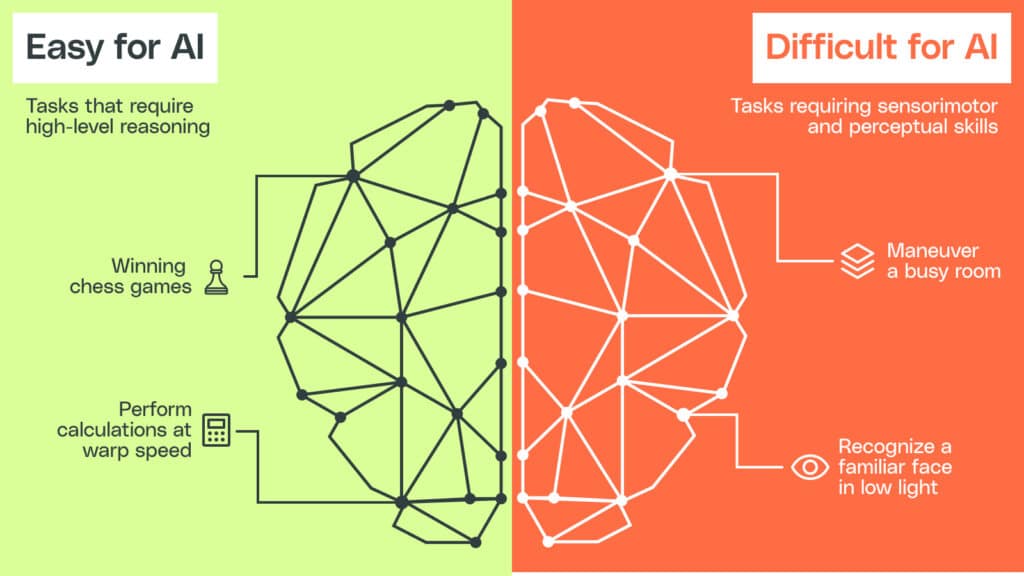
Take another example: picking up a penny that’s lying face down on a table. Certainly not impossible for a robot, but definitely computationally intensive, and in comparison, a young child could effortlessly perform this task.
What does this denote for job security? For starters, it means that occupations involving intricate sensorimotor skills like carpentry, surgery, or hairstyling are less likely to be substituted by AI than roles involving data sorting or similar tasks.
Additionally, “This is the dawn of unbridled creativity. AI is a tool to unleash us to be super creative,” says Carol Reiley, AI roboticist and entrepreneur. Yes, an AI can crunch actuarial tables and more quickly process insurance claims, but we’ll see expansive growth in fields requiring creativity. Both Product and Digital Designers now also have generative AI tools like MidJourney and DALL-E that help them rapidly ideate, prototype, and push their own creativity to new levels.
Check out our full guide for more information on how businesses are reinventing their approach to sales, marketing, and project management with the help of AI.
AI: Not a Threat, But an Opportunity
This brings us to the heart of the matter. Incorporating AI into job descriptions isn’t about setting a daunting standard or instilling fear. On the contrary, it’s about acknowledging the reality of our professional landscape and equipping employees with the tools needed to thrive in it.
Bringing it into the fold denotes a shift from viewing it as a menace to perceiving it as a collaborator in our professional growth. By learning to navigate and exploit AI tools, we can enhance our unique human skills, liberate ourselves from routine tasks, and introduce an efficient dynamic to our roles.
Undeniably, this integration is not without its own challenges. It will necessitate concerted efforts from both employers and employees to learn, train, and strategize for a “new normal.” However, the potential rewards could be revolutionary.
Learn more about the challenges and opportunities AI presents for businesses and the impact it’s having on Gen Z and Millennial employees here.
Final Thoughts
No — AI isn’t coming for your job. It’s coming to change it, to evolve it, and hopefully, to improve it. Our challenge is to ensure that we’re prepared to meet that change and seize the opportunities it brings. As the late, eminent physicist Stephen Hawking once said, “Intelligence is the ability to adapt to change.” Let’s prove him right.

